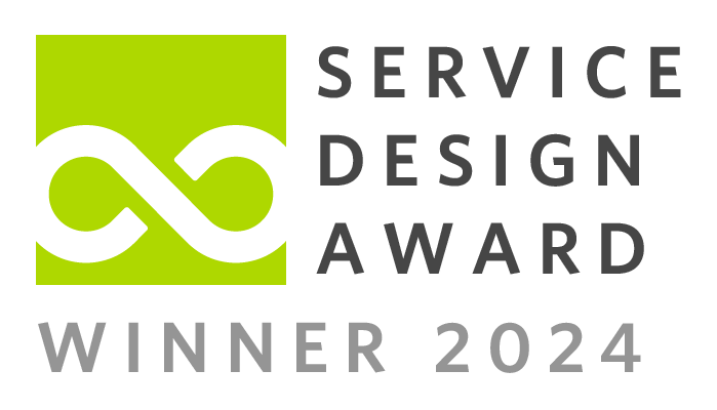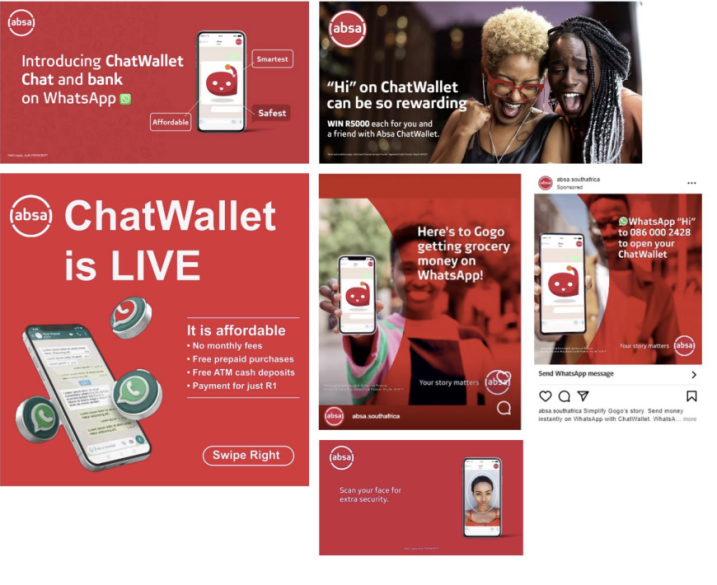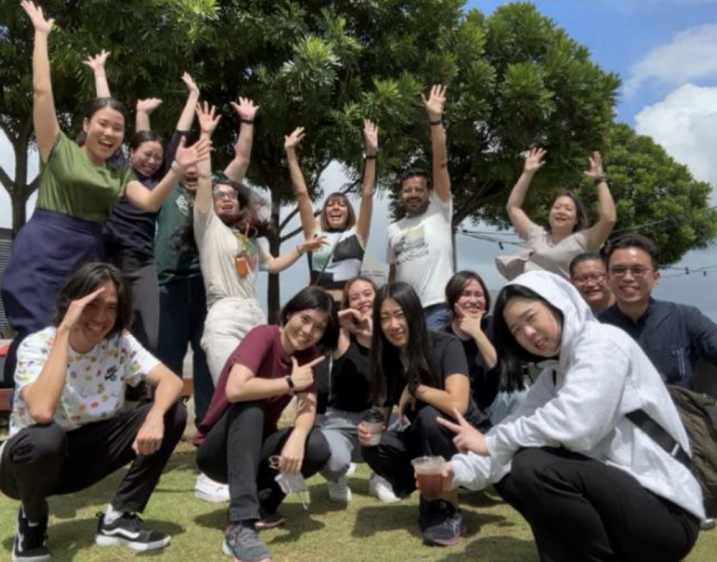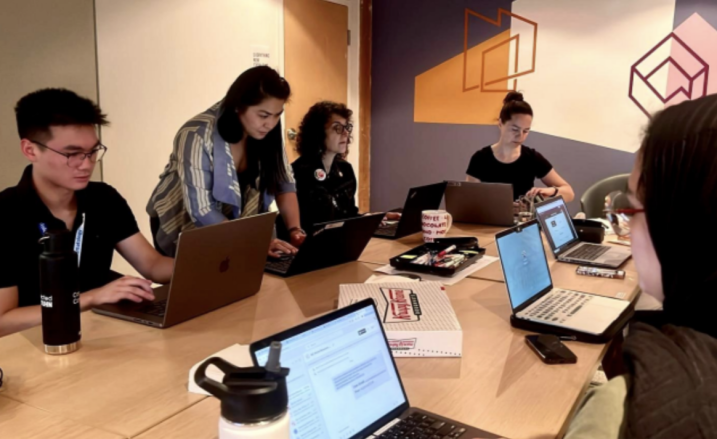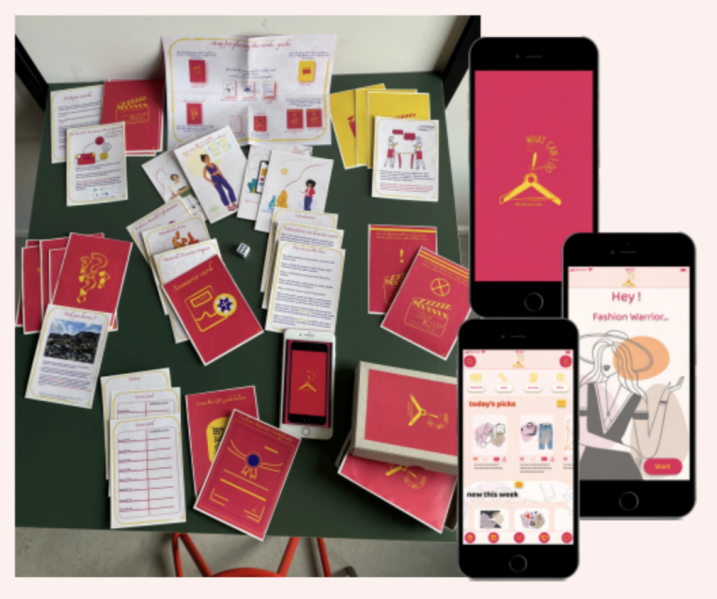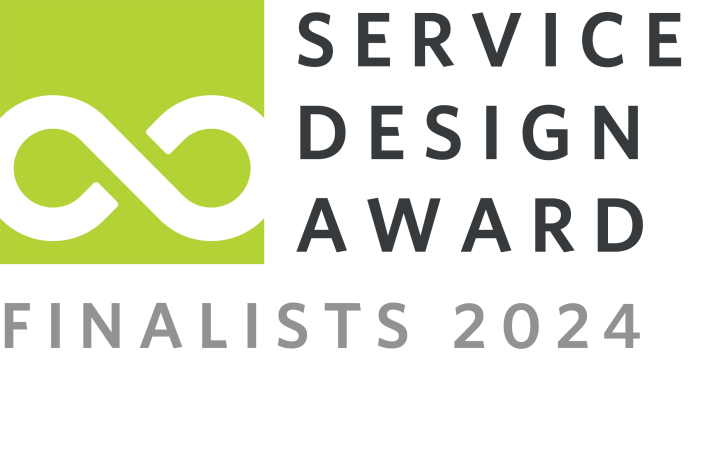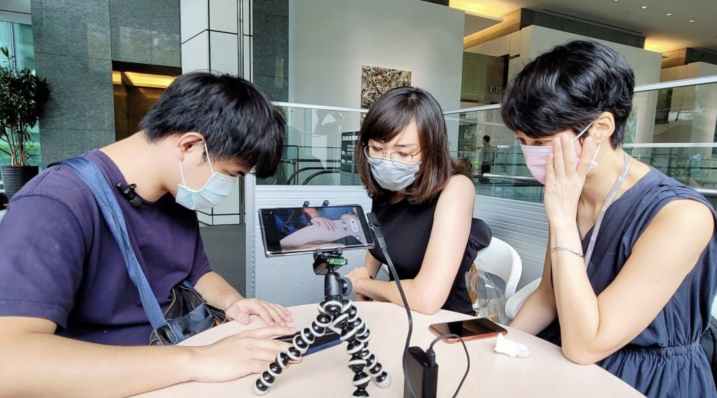We are thrilled to announce the finalists for the Service Design Award 2024, curated by the Service Design Network. These remarkable projects have set a new standard in service design, showcasing innovation, creativity, and impact across various sectors.
After a rigorous evaluation process by our esteemed international jury of experts, fourteen projects have been shortlisted in three categories: Professional Commercial, Professional Non-profit/Public Sector, and Student. These finalists represent the very best of service design, and their exceptional work is helping to shape the future of our industry.
The Service Design Award Ceremony 2024 was an unforgettable celebration of creativity, innovation, and the best of what service design can offer. Held on October 3, at the Service Design Global Conference (SDGC24) in Helsinki, the ceremony marked the culmination of months of hard work, collaboration, and excellence from service design professionals and students across the globe.
Congratulations to all our winners and finalists! Your contributions are a testament to the power of service design to transform experiences and create meaningful change. We look forward to celebrating your achievements at SDGC24. Take the opportunity to be part of this exciting event and witness the unveiling of the best in service design.
Special thanks to our jury, led by Luis Alt (Head of Jury), Birgit Mager, Cathy Huang, Satu Miettinen, Damian Kernahan and Brian Gillespie and Service Design Award Project Lead - Sonja Jazic.
Service Design Award Ceremony is supported by Siili Solutions.
